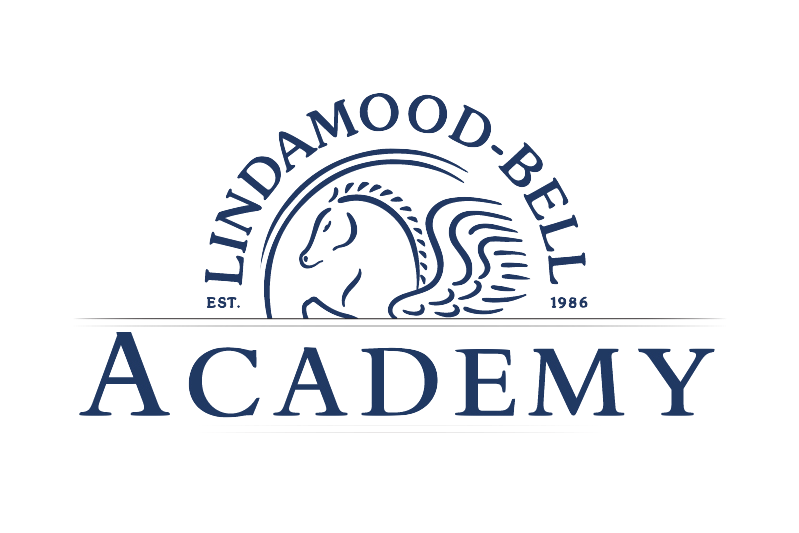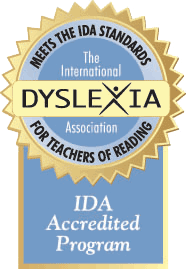Certifications & Accreditations
-
The Orton-Gillingham Academy (OGA) is a certifying and accrediting body dedicated to upholding the highest professional and ethical standards for the practice of the Orton-Gillingham (OG) Approach for the treatment of dyslexia. OG is an approach that prepares the practitioner to individualize instruction to meet the specific needs of each learner.
One of the primary ways the Academy pursues its mission is through a practitioner Certification Program validating rigorous training standards set forth by the Academy.
Orton-Gillingham Training includes:
The nature of the dyslexic learner
Understanding the neurobiology of reading
Understanding of reading development from decoding to reading for knowledge
The OG Approach: principles and knowledge of lesson plan design
Knowledge of the history and structure of the language
Knowledge of the basic assessment measures
Intensive supervised practicum
-
EBLI (Evidence-Based Learning Instruction) empowers teachers to get their students up to speed (and beyond) quickly, thanks to more than 20 years of experience with curriculum design and action research in schools. The EBLI team has spent years digging into the research, testing it out with thousands of learners, and boiling the teaching process down to only exactly what works, and works fast. That knowledge and those findings are built into ETSL so teachers can work smarter. EBLI provides a bridge from science to the classroom.
-
Based on a Theory of Cognition, Lindamood-Bell® programs differ from traditional reading and comprehension programs by focusing on the process, rather than the subject.
Proficiency in learning requires the ability to process language, which is dependent on the sensory-cognitive functions of phonemic awareness, symbol imagery, and concept imagery. By developing and strengthening those underlying sensory-cognitive functions, Lindamood-Bell programs improve reading, spelling, comprehension, critical thinking, and math skills for kids and adults (Pre-K through college and beyond).
Our goal at Lindamood-Bell is to turn struggling readers into independently successful readers. Our programs follow specific steps to help our students develop their sensory-cognitive skills to the point of self-monitoring, self-correction, and, ultimately, independence. Upon gaining confidence in their ability to catch and correct their own mistakes, kids and adults, alike, are able to apply these skills to educational, occupational, and social contexts, even beyond reading and math.
It is common to see years of learning gain after just four to six weeks of intensive instruction in any of our reading, comprehension, and math programs. This type of process-based instruction is proven to be an effective strategy for early language and literacy development and is also successful for students exhibiting symptoms of dyslexia, hyperlexia, ADHD, CAPD, autism spectrum disorders, and other learning difficulties.
-
The mission of IMSLEC (International Multisensory Structured Language Education Council) is to accredit quality training courses for the professional preparation of multisensory structured language education specialists.
Advocating high professional standards in the preparation of Multisensory Structured Language specialists - clinicians and teachers of students with dyslexia and related disorders.
Establishing criteria of program excellence.
Evaluating and Accrediting MSLE training courses offered by existing independent agencies and centers and MSLE courses offered by other already accredited institutions.




